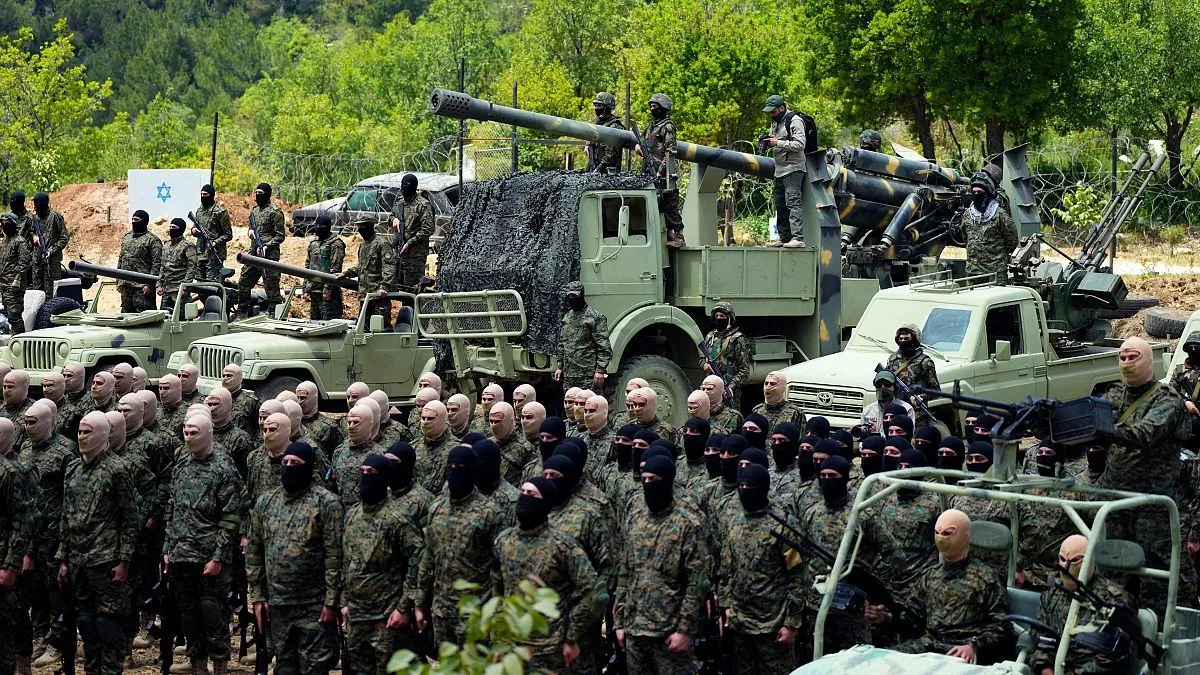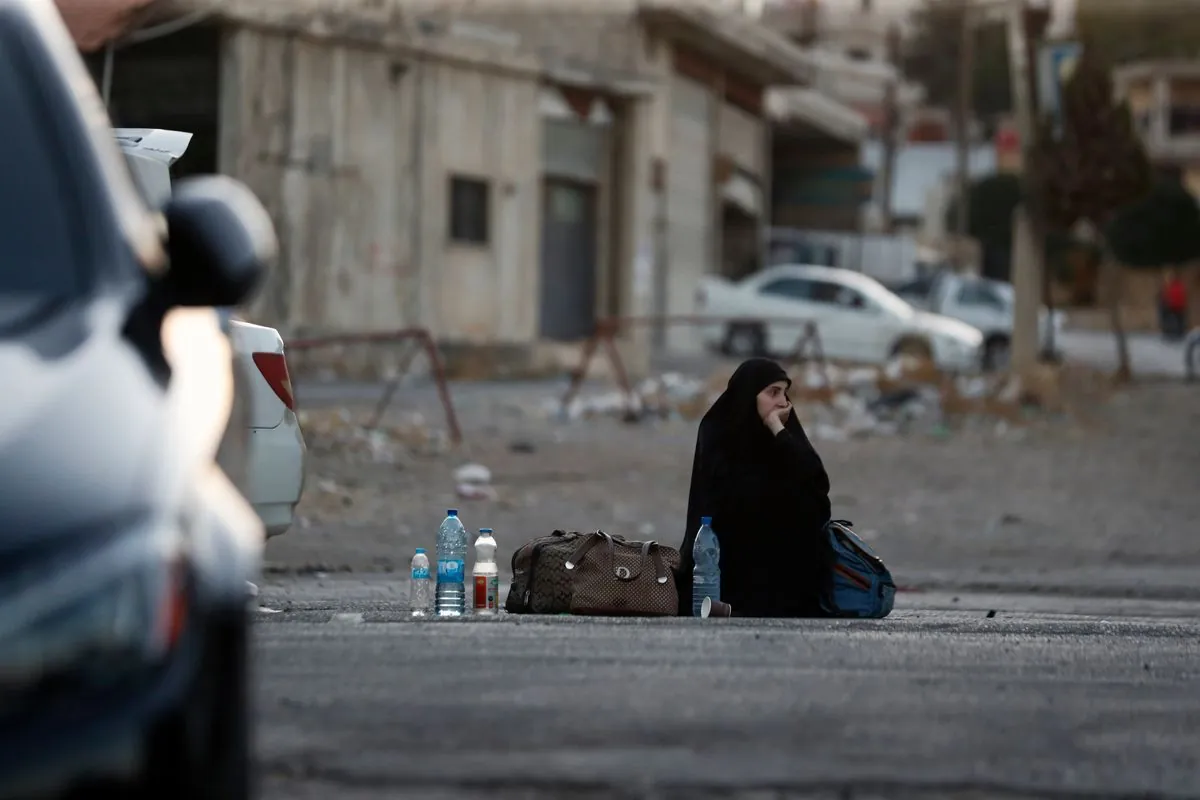Hezbollah Confirms High-Ranking Losses Amid Escalating Regional Tensions
Hezbollah acknowledges deaths of multiple commanders, including leader Hassan Nasrallah, as Israel strikes targets in Lebanon and Yemen. Displacement in southern Lebanon surges, raising concerns of wider conflict.

Hezbollah has confirmed the deaths of several high-ranking officials, including its longtime leader Hassan Nasrallah, in recent Israeli airstrikes. This acknowledgment marks a significant escalation in the ongoing conflict between Israel and the Lebanese militant group.
The Israeli military has expanded its operations, targeting Houthi positions in Yemen in response to recent attacks. Concurrently, Israel continues to conduct strikes against Hezbollah targets in Lebanon, intensifying the already volatile situation in the region.
The United Nations reports that the number of displaced individuals from southern Lebanon has more than doubled, now exceeding 211,000. This humanitarian crisis is unfolding against the backdrop of a conflict that has seen near-daily exchanges of fire between Hezbollah and Israel since the Israel-Hamas war began almost a year ago.
The recent escalation has raised fears of a potential regional war. Hezbollah, founded in 1985 during the Lebanese Civil War, has been a major player in Lebanese politics and a significant force in the region. The group's close ties with Iran, established since its inception, have made it a key component of the so-called "axis of resistance" against Israel and Western influence in the Middle East.
International diplomatic efforts are underway to prevent further escalation. U.S. President Joe Biden has emphasized the need to avoid an all-out war in the Middle East, stating, "It has to be." The White House views the death of Nasrallah as a major setback for Iran-backed Hezbollah but is treading carefully to prevent a broader regional conflict.
The conflict has had far-reaching economic impacts. Egypt's President reported a 60% drop in Suez Canal revenues, amounting to over $6 billion, due to disruptions in Red Sea shipping caused by Houthi attacks. The Suez Canal, opened in 1869, is a crucial waterway for global trade, connecting the Mediterranean and Red Seas.
Lebanon, already grappling with a severe economic crisis since 2019 and the aftermath of the 2020 Port of Beirut explosion, now faces additional challenges. The country's complex political system, based on a confessional power-sharing agreement, adds to the difficulties in addressing the current crisis.
The situation remains fluid, with both Hezbollah and Israel demonstrating their capabilities and resolve. The recent strikes, including an apparent Israeli airstrike in central Beirut, mark a significant escalation in the conflict's intensity and geographic scope.

As the conflict continues to evolve, the international community watches closely, aware of the potential for further escalation and its implications for regional stability. The ongoing situation underscores the complex web of alliances and conflicts that characterize the Middle East, with the Israel-Hamas war, now in its second year, serving as a catalyst for wider regional tensions.
"We really have to avoid it."
The coming days and weeks will be crucial in determining whether diplomatic efforts can succeed in de-escalating the situation or if the region will slide further into conflict. The loss of key Hezbollah leaders, including Nasrallah, who led the group since 1992, represents a significant shift in the regional power dynamics and may have long-lasting implications for Lebanon and the broader Middle East.


































